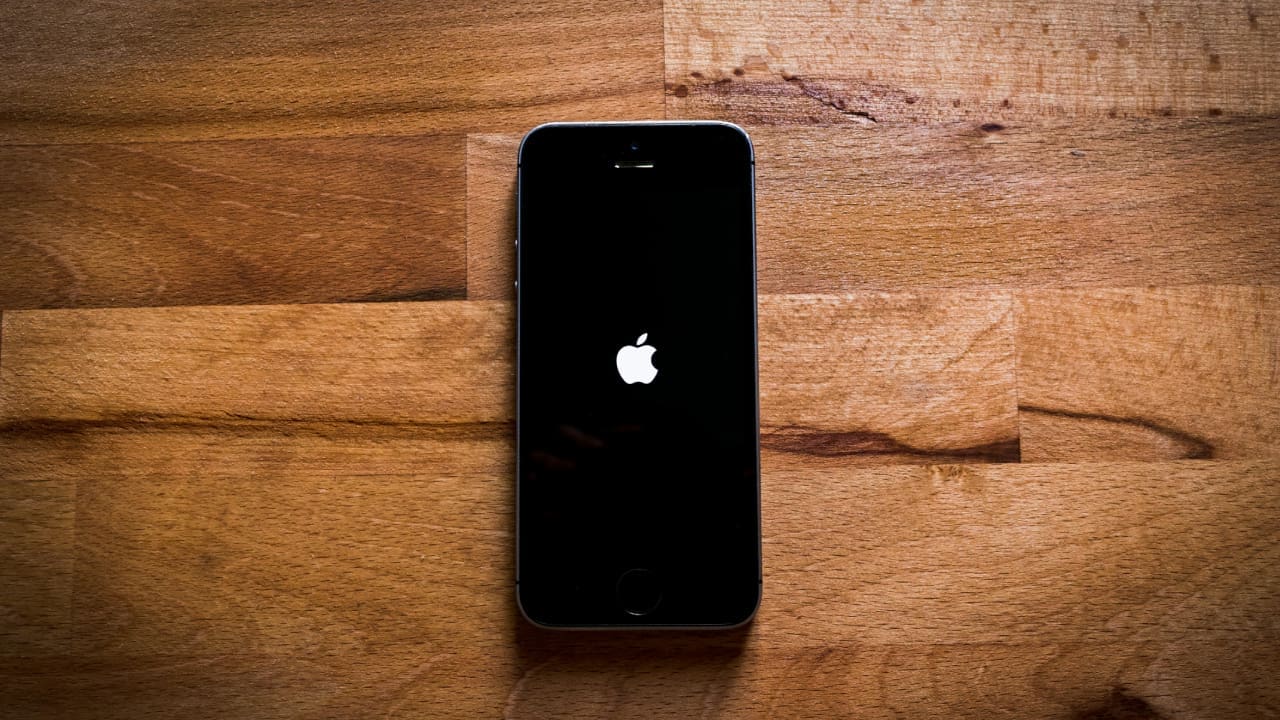- Cybercriminals are offering discounts of 40 percent to lure would be iPhone 16 buyers.
- Buyers quickly realise that there is no pre-order and their financial data is sold on the dark web.
- Scammers are also pretending to be support staff requesting Apple IDs to perform upgrades and then selling those IDs on.
Tonight Apple is expected to announce its latest iPhones, but even without an announcement, cybercriminals are hoping to fool fans of the firm.
Cybersecurity firm Kaspersky has already spotted pre-order pages offering buyers a 40 percent discount. The would-be buyer is directed to a swish website where they are invited to secure their pre-order by providing a shipping address and payment information. Of course, the handset never arrives and the buyer gets compromised instead of a new smartphone.
“As with most new technological releases, the launch of the iPhone 16 has generated massive excitement. Cybercriminals are quick to exploit this hype, so it’s precisely at times like these that consumers should be extra vigilant. When making new purchases, stick to official channels, be skeptical of deals that seem too good to be true, and always verify URLs before sharing any personal information. Scammers are counting on eager fans letting their guard down, so vigilance is key,” says Olga Svistunova, security expert at Kaspersky.
This is particular important in regions where Apple fans may have to wait a bit longer for the new hardware to arrive on local shelves.
Another scam Kaspersky has spotted revolves around tech support. Scammers offer targets technical support to update their device. The target is asked for their Apple ID and as any Apple user knows, these credentials can hand over control of a device and account to fraudsters.
“They [cybercriminals] can also infiltrate your iCloud account, gaining access to your photos, documents, and device backups. Even more concerning, they can make unauthorised purchases using your ID, view your account balance, and take money from your Apple Wallet. Worst of all, your device can be locked and held for ransom,” explains Kaspersky.
The fact that cybercriminals are still leveraging these techniques shows they are still somewhat successful.
To protect yourself we recommend following Kaspersky’s advice outlined below:
- Stick to official channels: Only purchase or pre-order the iPhone 16 through official retailers like Apple’s website or trusted partners. Avoid clicking on links from unfamiliar websites or promotional emails, no matter how attractive the deal.
- Be sceptical of deals that seem too good to be true: Cybercriminals often lure people in with offers of huge discounts or early access. If an offer seems too good to be true—such as a 40% discount or exclusive pre-order access – it’s likely a scam.
- Double-check URLs and email addresses: Scammers often create fake websites that look nearly identical to legitimate ones. Always verify that the URL starts with “https://” and matches the official Apple domain. Similarly, be cautious of emails from unofficial-looking addresses.
- Don’t share personal information: Be wary of any website or email asking for sensitive information like your credit card details, personal identification numbers, or Apple ID password. Apple will never ask for this kind of information via unsolicited emails or links.
- Enable Two-Factor Authentication (2FA): Safeguard your online accounts, especially those linked to payment methods, with 2FA. This extra layer of security makes it harder for scammers to access your personal information.
- Verify pre-order news: If you hear about a special offer or pre-order deal, confirm it on Apple’s official website or news channels.
- Keep an eye on your device’s activity and report suspicious transactions: If you receive a questionable email, report it to Apple or the appropriate authorities.
- Report questionable offers: If you come across a suspicious website or phishing email, report it to Apple. This can help protect other users from falling for a scam.
- Use a trusted security solution: An automated security solution, can protect you from all known and unknown scams.
- Stay informed on common scams and cybersecurity best practices.
That last point is going to take a bit of work on your end but just like you’d research what area to buy a house in or what security system to use, keeping tabs on the world of cybercrime is necessary for your own good.
You can find out everything you need to know about the iPhone 16 here, later tonight.

